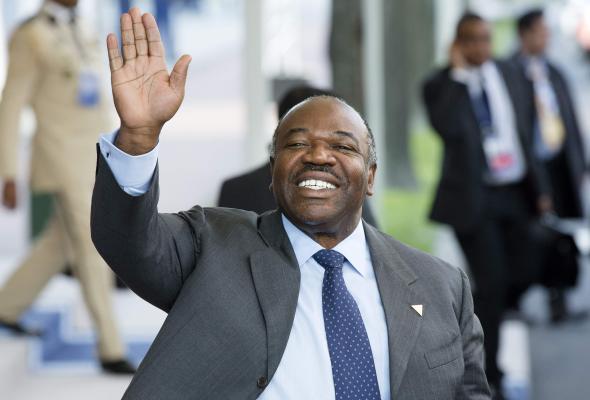LIBREVILLE – Guy Nzouba Ndama, Gabon’s long-serving parliament speaker resigned abruptly on Thursday in the newest symbol of eroding support within the ruling party for President Ali Bongo before elections in the Central African oil producer later this year.
After heading the National Assembly for nearly two decades, the stepping down of Guy Nzouba Ndama carried out into the surface a progressively strained relationship between Bongo and a legislature dominated by his Gabonese Democratic Party (PDG).
Ndama wrote in a resignation letter to Bongo “I believe that the current regime has certain shortcomings, even certain failings” adding that he had also come under personal attack from the executive branch. He further wrote;
“Certain individuals in the regime have not ceased to drag my name through the mud. This public lynching has lasted four years.”
In 2009, Bongo won a disputed election following the death of his father, Omar Bongo who was as a leader for a very long time, and is now nearing the end of his first seven-year term in office. He stated his intention to seek re-election through an announcement late last month, even before the PDG confirmed his candidacy at a party convention, a move that irked many long-standing party cadres.
Citing dysfunction within the PDG and what it said was Bongo’s mismanagement of Gabon, a breakaway faction calling itself PDG-Heritage and Modernity announced this month that it would put forward its own candidate to take on the president.
The group’s founders Barro Chambrier, Michel Menga and Jonathan Ignoumba, all of them members of parliament, were expelled from the party but claimed to have the support of around 50 other PDG MPs as well as senior party officials and former ministers.
Gabon’s election is expected to take place in August. The single-round electoral system is seen as favouring the incumbent, and most analysts expect Bongo to win re-election despite a sharp drop in oil prices that has cut into government revenues. However, they also point to the risk of unrest due to tensions between PDG supporters and opponents.
